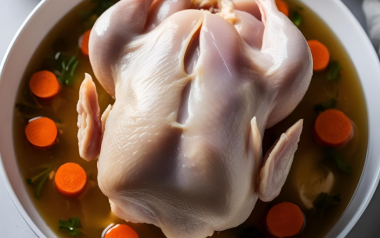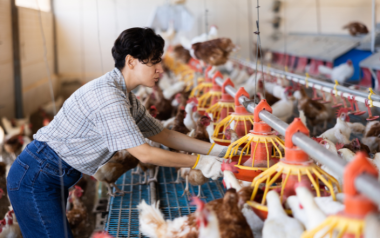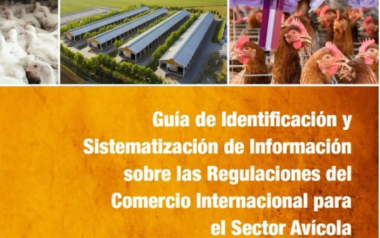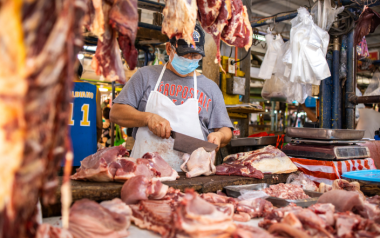“It takes about six days right now to get five days’ worth of work done,” Chief Operating Officer Donnie King, who is also group president of the poultry business, told analysts on a conference call Monday. “So, it’s impacting capacity and cost.”
12 May 2021
Labor shortage and low hatching impacts poultry says Tyson
(Bloomberg) – Tyson Foods Inc. warned it’s struggling to meet rebounding chicken demand because of a worker shortage and slow […]
(Bloomberg) – Tyson Foods Inc. warned it’s struggling to meet rebounding chicken demand because of a worker shortage and slow hatchings, even as a strong beef market will boost overall sales.
The biggest U.S. meat company is seeing robust demand as the world economy mends from the pandemic, and it’s raising prices across businesses to pass through higher animal-feed costs and other expenses. That will help make up for thinner returns in chicken, where labor tightness means that plants are operating at about 80% of capacity. Tyson also said it can’t maximize profit in its pork unit because of a dearth of skilled labor to strip down carcasses.
King also said Tyson was changing a male breeder chicken after a downturn in hatchings that will persist until next year. “Quite frankly we made a bad decision on” the male chicken, King said.
Meat companies initially were slammed by the coronavirus last year as thousands of U.S. food-plant workers got sick and hundreds died. Absenteeism at Tyson’s meat plants is about 50% higher than it was prior to the coronavirus pandemic as workers struggle to find childcare, have higher-paying opportunities elsewhere or rely on federal stimulus checks, King said.
“People just aren’t coming to work,” he said.
The Springdale, Arkansas-based company expects fiscal full-year revenue of $44 billion to $46 billion, according to a statement Monday. In February, it said revenue would be at the upper end of $42 billion to $44 billion. Tyson’s adjusted earnings during its fiscal second quarter that ended April 3 were $1.34 a share, compared with the $1.12 average of analysts’ estimate.
“We’re seeing substantial inflation across our supply chain, which will likely create margin pressure during the back half of the year,” Tyson Chief Executive Officer Dean Banks said in the statement.
TO CONTINUE READING REGISTER IT IS COMPLETELY FREE
Access to articles in PDF
Keep up to date with our newsletters
Receive the magazine for free in digital version
REGISTRATION
ACCESS
YOUR ACCOUNT
LOGIN
Lost your password?








































